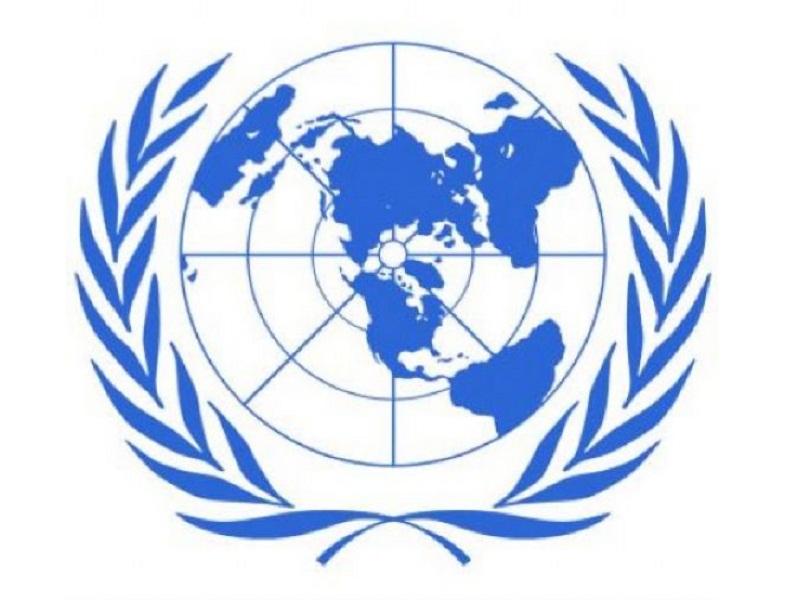UN: MDG helped lift 1 billion people from extreme poverty
UNITED NATIONS— A 15-year effort to implement eight goals adopted by world leaders at the start of the new millennium has helped lift more than one billion people out of extreme poverty, enabled more girls to go to school than ever before, and brought unprecedented results in fighting diseases such as HIV/AIDS, the U.N. chief said Monday.
In the final report on the Millennium Development Goals released Monday, Secretary-General Ban Ki-moon said the global mobilization to implement the goals by the end of 2015 has produced “the most successful anti-poverty movement in history.”
But he said inequality persists, with 80 percent of the people living on less than $1.25 a day residing in two regions — southern Asia and sub-Saharan Africa, and 60 percent in just five countries, India, Nigeria, China, Bangladesh and Congo.
“Too many people have been left behind, particularly the poorest and those disadvantaged because of their sex, age, disability, ethnicity or geographic location,” Ban said in a video conference launching the report from the Norwegian capital, Oslo. “Too many women and children continue to die during pregnancy or from childbirth-related complications. And too many people lack adequate sanitation facilities, especially in rural areas.”
Ban said other dangers have intensified since 2000.
Article continues after this advertisement“Conflicts have forced almost 60 million people to abandon their homes — the highest level of displacement since the end of World War II, with staggering consequences for human development,” he said. “Climate change has become an existential peril, environmental degradation is undermining development gains — and both are affecting poor people the most.”
Article continues after this advertisementBan said global efforts now have to focus on these gaps.
World leaders are set to adopt a new set of goals at a summit in September. But this time there will be 17 goals with 169 targets to be achieved by 2030.
While the goal of achieving universal primary education won’t be met, the report said enrollment rose from 83 percent in 2000 to 91 percent this year, and the number of school-age children not getting an education fell from 100 million to 57 million over the last 15 years.
As for other goals, the report said, child mortality has declined by more than half and maternal mortality by 45 percent over the last 25 years, new HIV infections fell by approximately 40 percent between 2000 and 2015, and women have gained ground in parliament over the last 20 years in nearly 90 percent of the 174 countries with data.
The report also said ozone-depleting substances have been virtually eliminated since 1990 and the ozone layer is expected to recover by the middle of the century. And it said government aid to developing countries increased by 66 percent in real terms between 2000 and 2014, reaching $135.2 billion.
